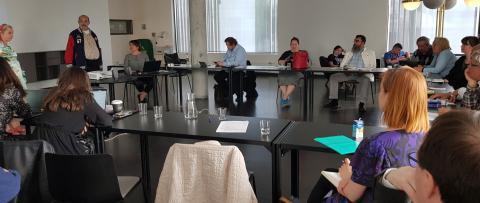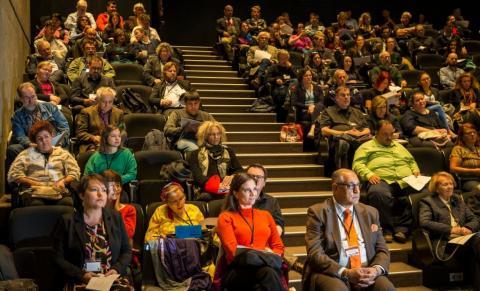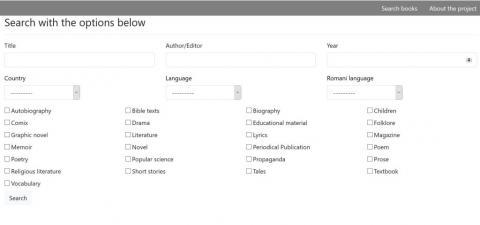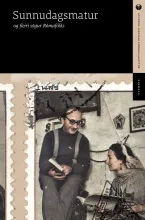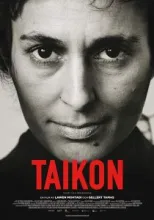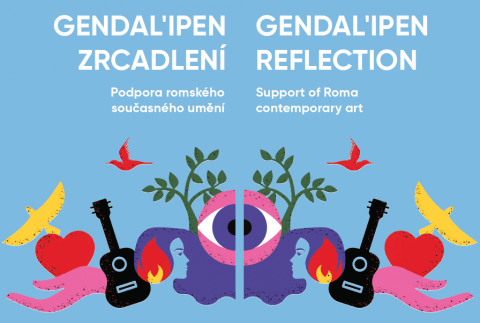
Roma in the Centre is an initiative uniting several Romani Studies related projects under the auspices of the Vigdís Finnbogadóttir Institute of Foreign Languages. It is a sign of our long-term commitment to research, present and popularise — in Iceland, in Nordic countries, in Europe and globally — the literature and culture of the Roma/Gypsies. The centrality of the Romani agency is crucial for the initiative's approach. Our belief is that Roma should be positioned not on the margins, as often done in mainstream culture and media discourse, but in the centre.
Advisory Board of the Roma in the Centre
Our initiatives and projects are developed in cooperation with acclaimed academics and activists of Romani background:
- Colin Clark
- Dragoljub Acković
- Fred Taikon
- Hristo Kyuchukov
- Ian Hancock
- Jana Horváthová
- Lilyana Kovatcheva
Sofiya Zahova, researcher at the Vigdís Finnbogadóttir Institute, leads the projects implemented in Iceland and represents the University of Iceland in partnership projects implemented abroad.
For more information about Roma in the Centre initiative, contact Sofiya Zahova, zahova@hi.is.
Roma in the Centre activities include:
